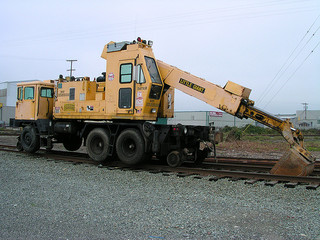Recent Automotive Recalls Highlight Supply Chain Risk

In May 2015, the U.S. Department of Transportation announced the biggest car recall in U.S. history. Approximately 34 million vehicles from 11 manufacturers all have defective airbag inflators that can rupture, sending metal shards into a vehicle’s compartment during an accident. This highlights the high supply chain risk in the automotive industry because there was only one airbag supplier for millions of cars.
This article is for Premium Members only. Please login below to read the rest of this article.
Not a Premium Member yet? Become one today.
[login_form redirect=’https://www.procurementbulletin.com/recent-automotive-recalls-highlight-supply-chain-risk’]
[show_to accesslevel=’Premium Members’]
Japanese supplier Takata is responsible for the defective airbags. They can be found in BMW, Ford, Honda, Mazda, Mitsubishi, Nissan, Fiat-Chrysler, Toyota, Subaru, and General Motors cars between 2001 and 2011. Owners can take their vehicles to service shops to have the airbags replaced. Most affected cars are older models, and car owners will not be individually notified because the recall list is too large. The affected vehicles have Takata brand airbags.
CIPS Relationship Directory Duncan Brock said, “Another automotive recall once again highlights the perils of managing huge global supply chains ineffectively and without risk mitigation strategies in place… These are the high costs companies have to pay if there are supply chain failures. The main issue is that companies are increasingly relying on a handful of global suppliers for key components. This approach poses huge risks, as this recall clearly shows.”
When you rely on a small number of suppliers, it creates too much risk. Airbags are not the only problem in the automotive industry. Brakes, engines, rotors, axles, and several other parts also have a lot of overlap. Many brands get parts from the same suppliers.
Despite the large recall, service centers are only seeing a small amount of vehicles requesting new airbags. It’s a mystery why consumers don’t seem to take recalls seriously. They falsely think they are protected. Takata and all car manufacturers who are affected by the recall are urging car owners to get the problem fixed. The automotive industry also needs to look at a wide variety of part suppliers to avoid such high supply chain risk and avoid future problems.
[/show_to]



